When we eat, different products enter the stomach, where different enzymes are released, which process the food and the released hydrochloric acid decontaminates it.
The time food stays in the stomach is different for different foods and depends on their type. Water is absorbed instantly if there is nothing else in the stomach.
Fruit and vegetable juices are absorbed in a period of 10 to 30 minutes. The broths, depending on their saturation, are absorbed in 20 to 40 minutes and milk takes 2 hours.
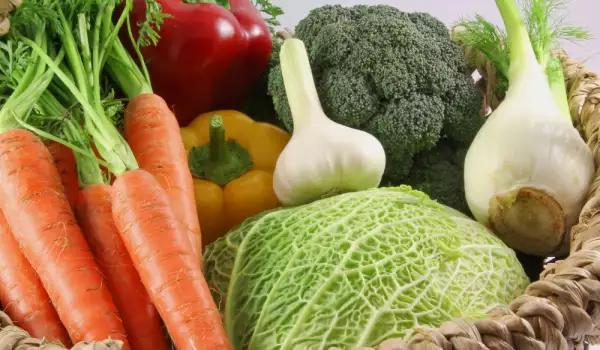
Cucumbers, tomatoes, peppers, lettuce are digested in 30-40 minutes, but if they are flavored with fat, the time is extended to an hour and a half.
Carrots, parsnips, beetroot, turnips are absorbed in 50-60 minutes. Potatoes, pumpkin, chestnuts - for 1 hour. Strawberries, raspberries, blueberries and blackberries are the fastest to digest from the fruit - 20 minutes.
Citrus fruit, watermelon, grapes and other juicy fruit take 30 minutes. Pears, apples, peaches, apricots, morello cherries, cherries and other fruit are digested in 40 minutes.
Fruit and fruit salads are digested in a period of about 30-50 minutes. Cereals and legumes are absorbed more slowly by the body.
Buckwheat, rice, wheat stay in the stomach from 1 hour to 80 minutes. Oatmeal and corn - 1-1.5 hours. Peas, chickpeas, lentils and all varieties of beans are processed in 1 hour and a half.
Soybeans need 2 hours, same as pumpkin and sunflower seeds. All types of nuts are digested in about two and a half hours.
Yellow cheese, low-fat cottage cheese and white cheese are digested in an hour and a half. Hard fatty cheeses are digested in about 4-5 hours.
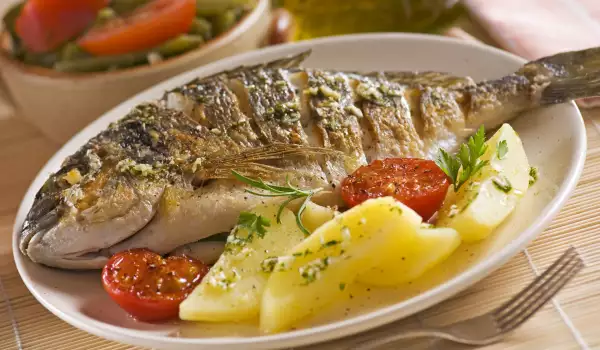
Fish is digested in about 30 minutes, skinless chicken and turkey need 2 hours, mutton - 3 hours, veal - takes about 3 to 4 hours, and pork - up to 5 hours.
The time for products remain in the stomach should be taken into account when eating, because when mixing them, the products, which are normally processed faster, stay in the stomach for a long time and begin to rot or ferment.







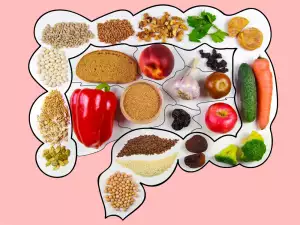
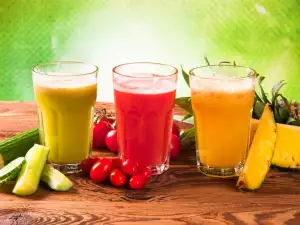


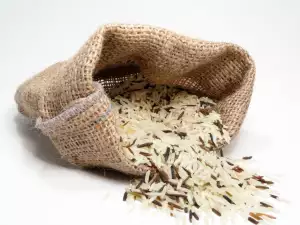

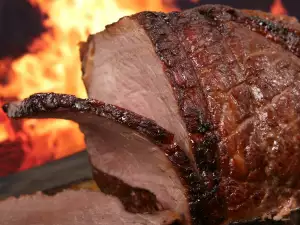
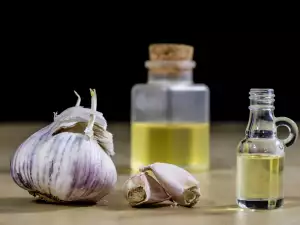





Comments